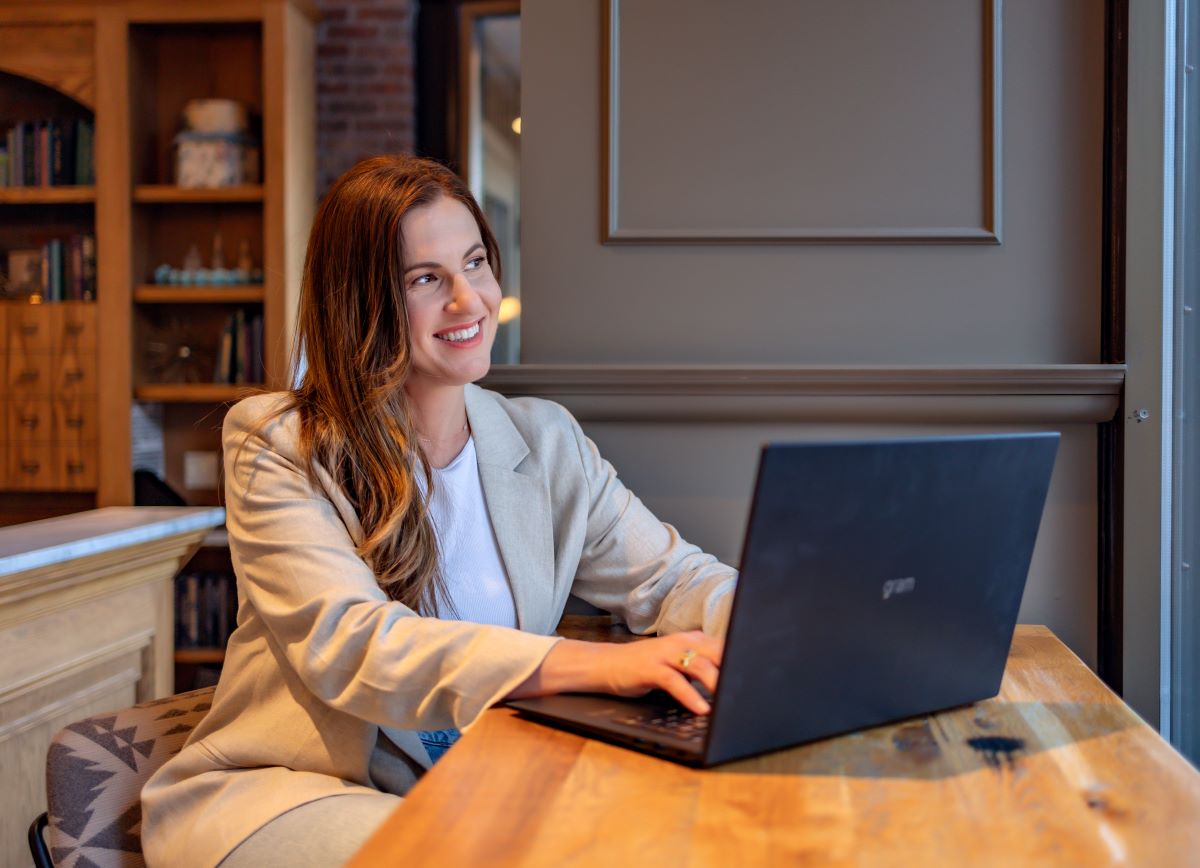Learning from one another is what BoldJourney is all about. Below, we’ve shared stories and insights from phenomenal artists, creatives and entrepreneurs who’ve successfully managed to overcome imposter syndrome.
Chavisa Woods
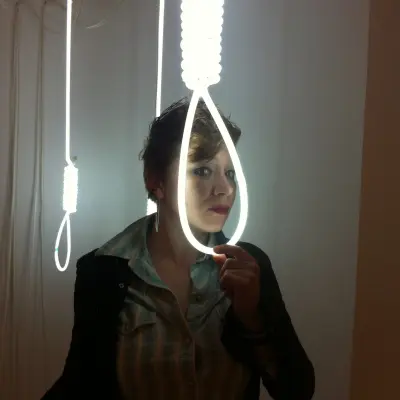
It’s not a syndrome. I AM an imposter. Most current social systems don’t align with my values. Artists are best as disruptors and spies. Don’t let them assimilate you.
If you feel you don’t belong, that’s probably a good thing. If you feel like you’ve slathered on a fake corporate sheen to make a living, just keep it up. It’s all fake anyway. Read More>>
Alyssa Harden

I still feel imposter syndrome every now and then, but what’s super helpful to remember is that everyone else is learning, too! We’re all just trying our best. The only way to get over the imposter syndrome is just to do the thing.
When I thought I wasn’t experienced enough or savvy enough to work at professional animation studios — the places of my dreams, where I desperately wanted to work — I applied and took the interviews anyway. Read More>>
Madison Hayden
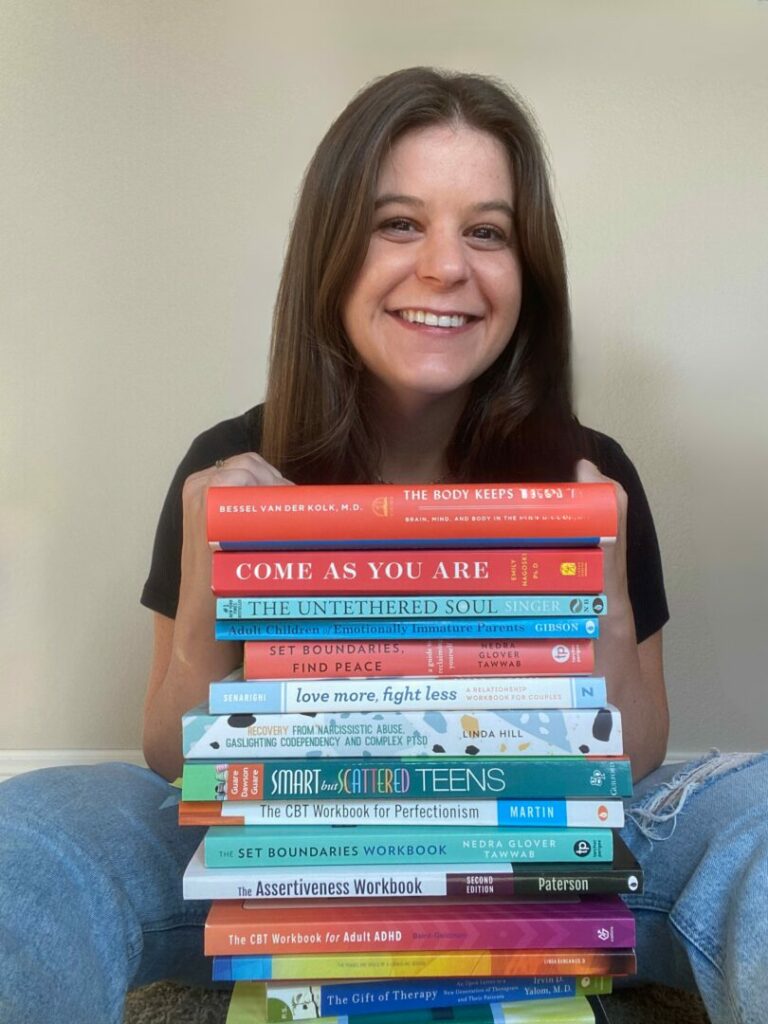
Imposter syndrome is very common in this profession, especially when you’re just starting. Even after completing the masters-level coursework, completing practicum and internship hours, and completed and passed your licensing exam, not to mention the hours of indirect work you do in consultation, continued education, and such. It is still completely normal to come out of grad school holding your license wondering “who gave this to me.” Read More>>
Meredith Moore
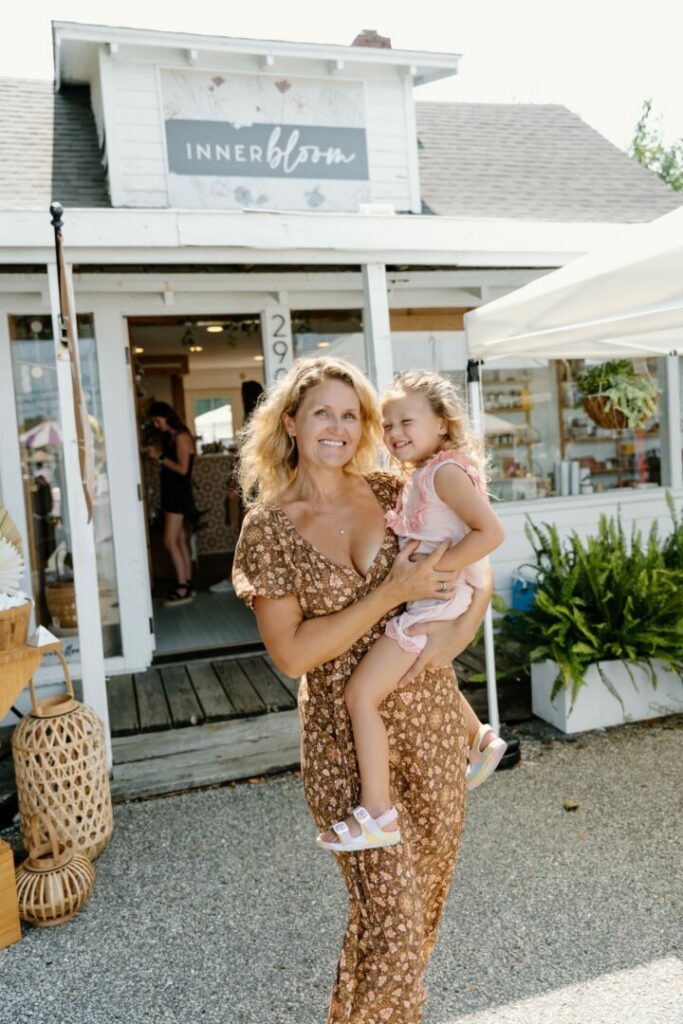
I think that it’s easy to be a young entrepreneur and feel like you don’t “deserve” certain opportunities. It’s such a leap of faith to open your own business, but at the end of the day, you do it because you believe in yourself–and, I do! If I let imposter syndrome overcome me, I would never see any growth in my business. I’m constantly saying “yes” to opportunities that require me to do things for the very first time. You just make it happen. Read More>>
Christopher Esquilin
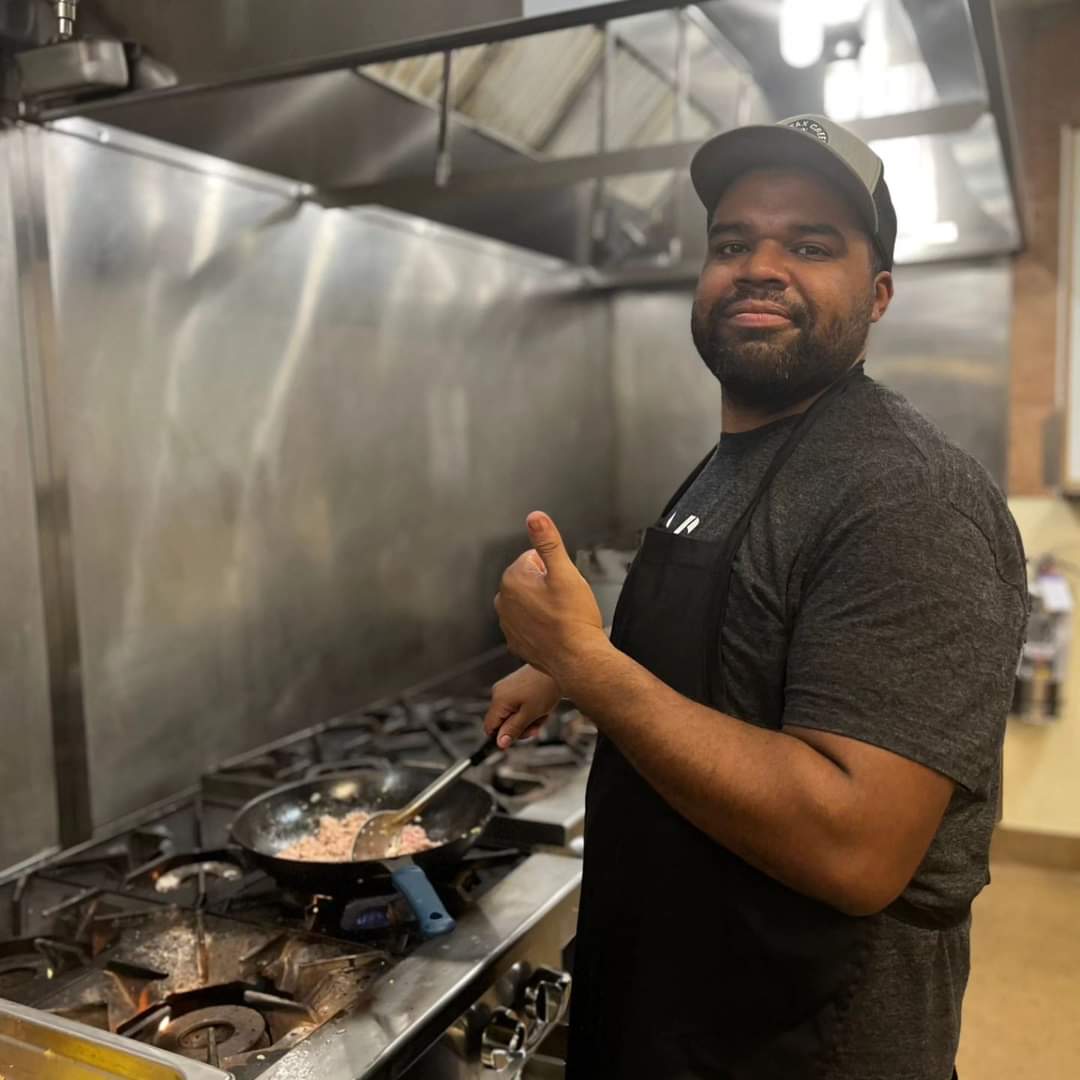
I started my meal prep business back in 2023. I have no formal culinary training and really struggled with self doubt on whether my Cooking skills would be up to par with other chefs.
I started out small with family and a small amount of clients to get feedback and figure out areas in which I could improve. I also continued to watch Gordon Ramsey masterclass videos and other chef tips to broaden my cooking knowledge. Read More>>
Nicholas Vernon
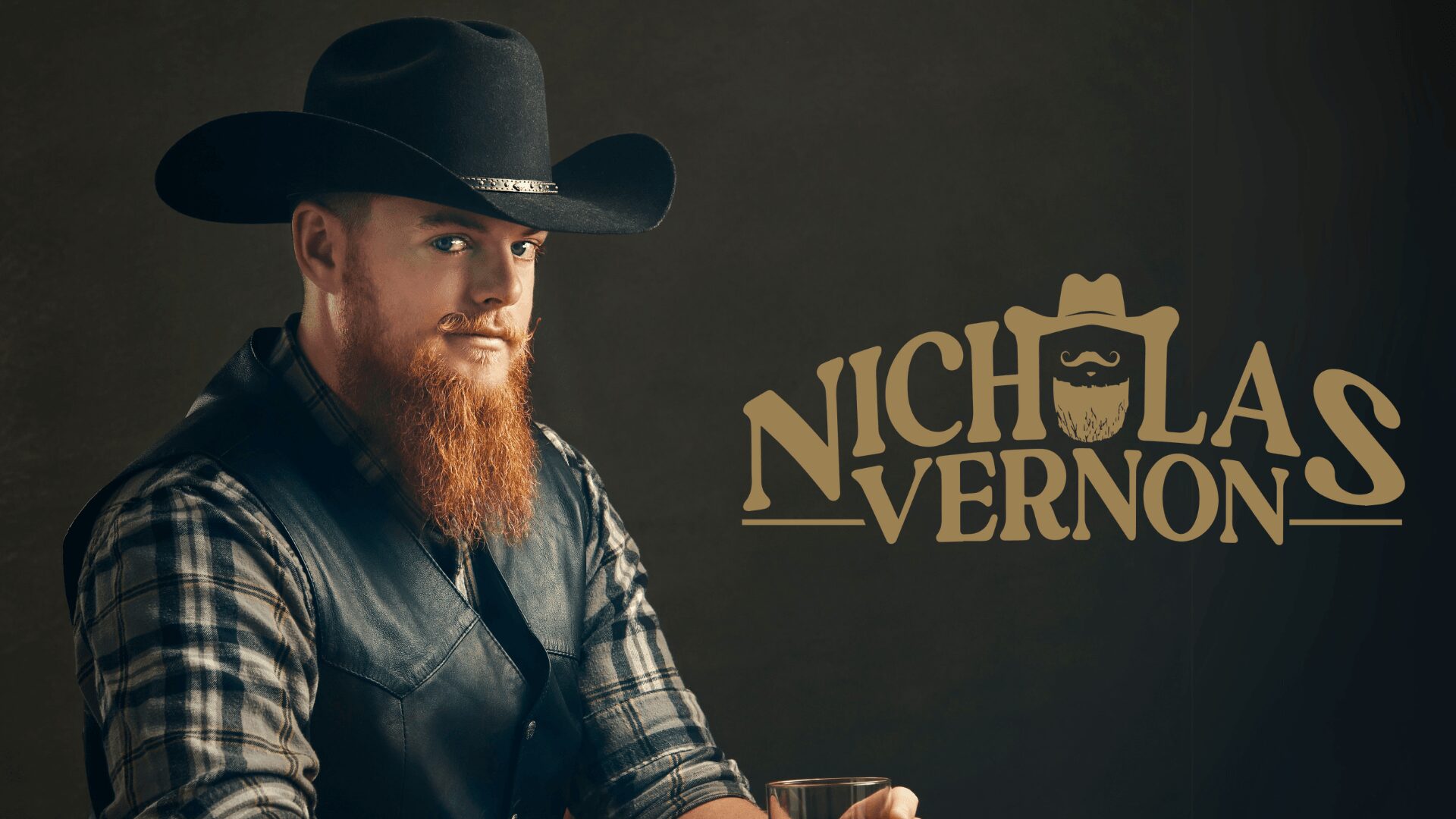
Sometimes I’m not entirely sure that I’ve overcome it. Every now and then it creeps back in my mind, but I overcame the majority of those thoughts and feelings from the support of my authentic and bold fanbase. My village is passionate and strong. They’ve helped me feel like I should be beyond my current status and they’re excited about my future. Read More>>
Anna Priddy
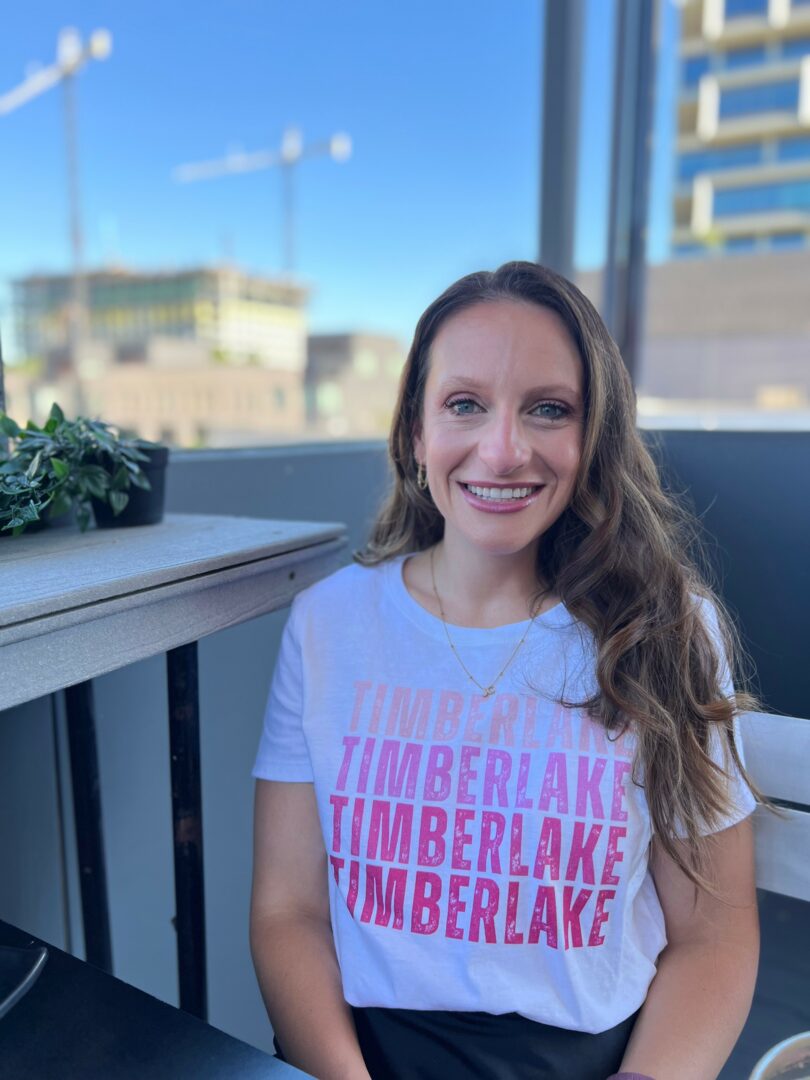
For a long time I thought imposter syndrome was something I needed to “fix” before I could step into bigger opportunities. What shifted things for me was realizing that the doubt was actually a sign I cared deeply about the work and the people I was serving.
I started reframing it: instead of asking, “Am I good enough?” I asked, “How can I make the biggest impact with what I know right now?” Over time, I learned to lean on evidence, results I created for clients, positive feedback, and the fact that people kept coming back and referring me. Read More>>
Lauren Collorone
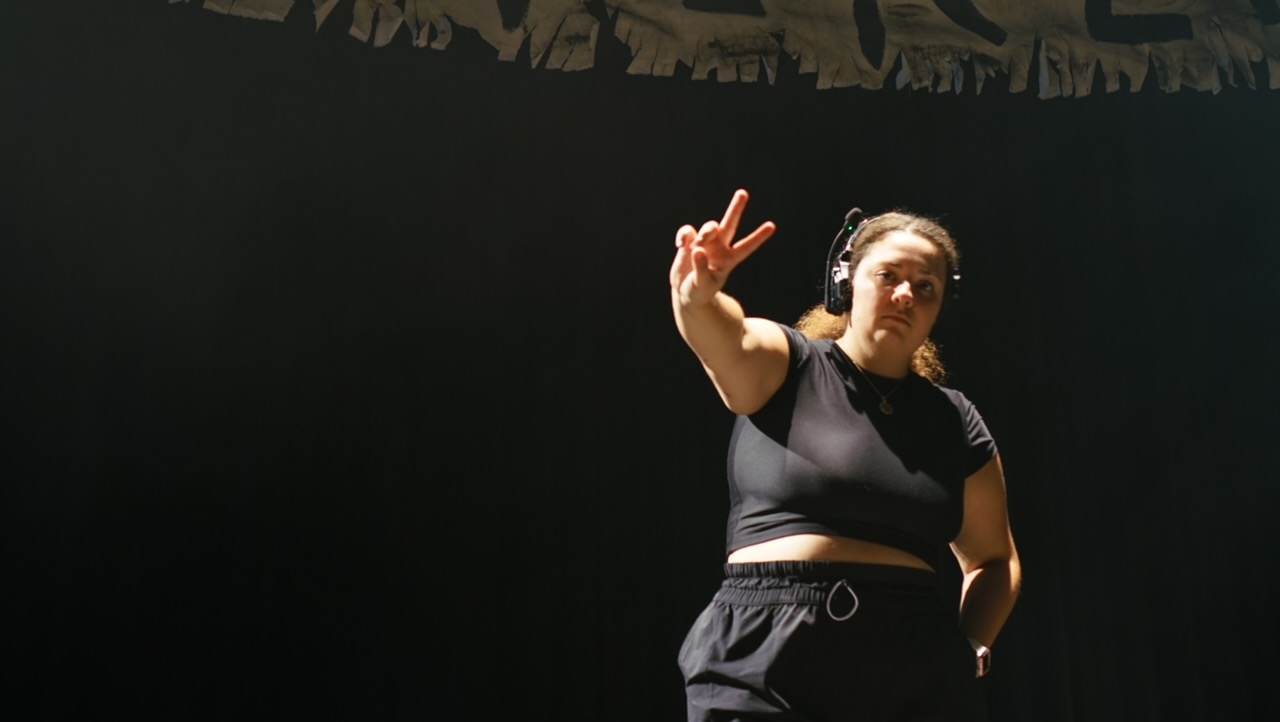
I’ve dealt with imposter syndrome by reminding myself it’s common and not necessarily a reflection of reality. I also began keeping a record of my successes—projects I completed, positive feedback, and challenges I overcame. Reviewing those helped ground me in facts rather than fear. Over time, I shifted my mindset from “I don’t belong here” to “I’m still growing, and that’s okay.” I’ve learned to acknowledge self-doubt without letting it stop me. I still deal with it—I’m not sure it’s something you ever fully get over. You just power through and learn to ignore the self-doubt. You can’t always believe what your mind tells you. Read More>>
Rachel Powell
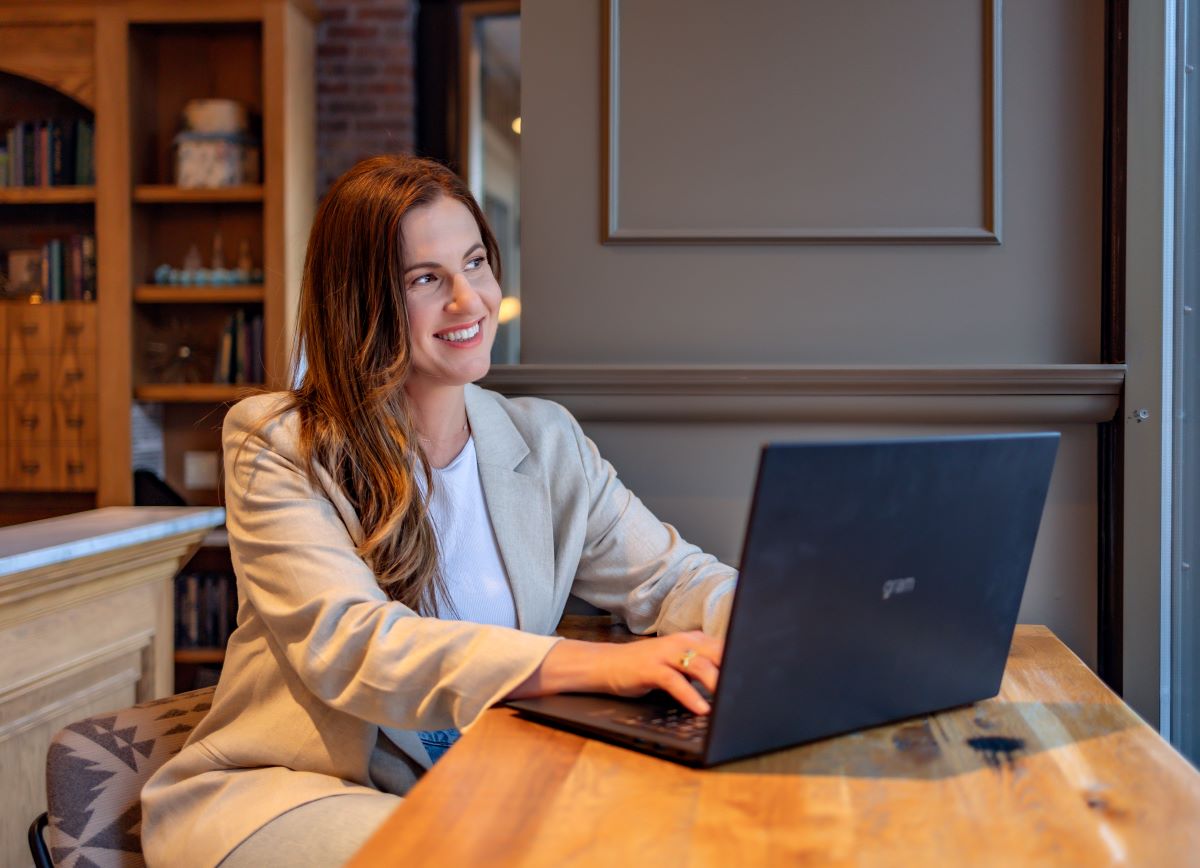
I used to struggle with imposter syndrome, especially when I started Juicy Ideas. What helped me overcome it was focusing on the results I deliver—like clients telling me their sales grew or their website finally reflects their vision. I’ve learned to reframe self-doubt as a sign I’m growing, not faking, and I stay connected with mentors and other creatives who remind me that everyone feels that way sometimes. That combination keeps me grounded and confident in the work I do. Read More>>
Molly Lucas
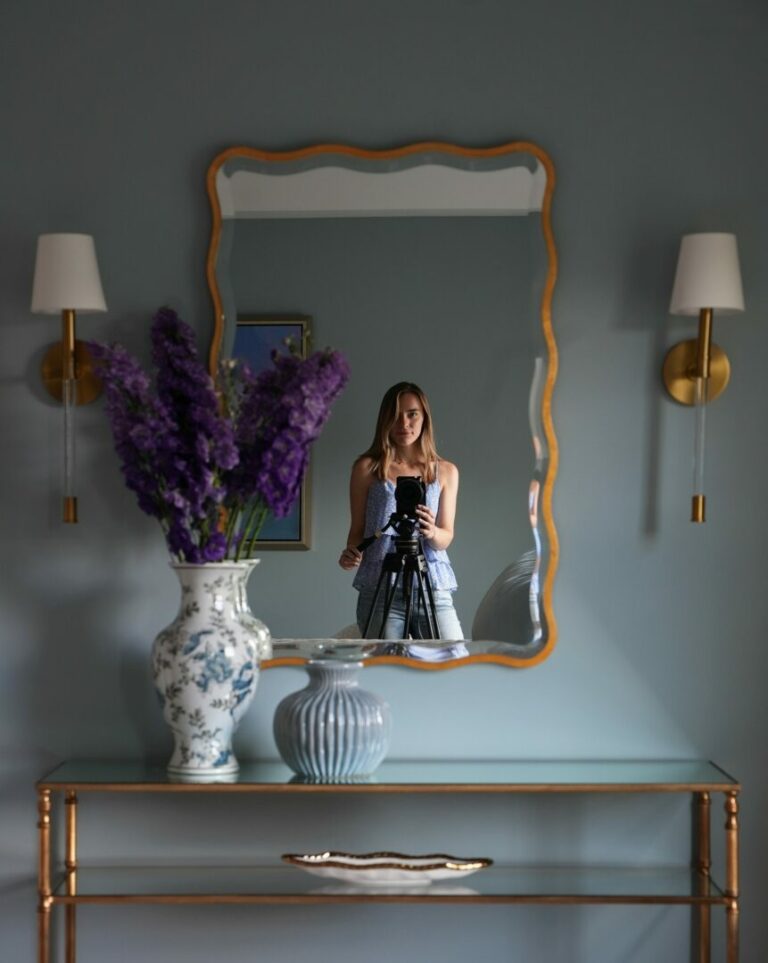
Imposter syndrome is something I don’t think ever fully disappears… it just shifts shape as you grow. Some days I feel completely confident, like I’m right where I’m supposed to be. Other days, I catch myself questioning what I’m doing, especially when I scroll through social media and see designers with 20 years of experience under their belts. Read More>>
Sheena Chickering
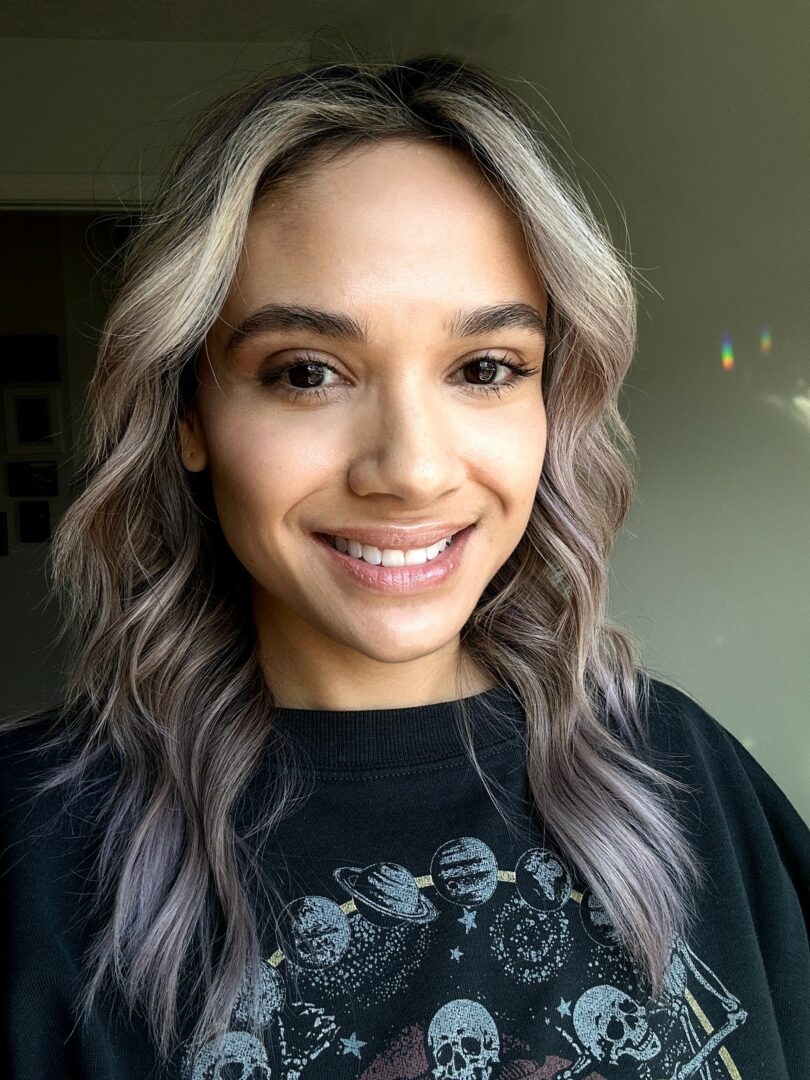
It’s definitely a work in progress—some days are better than others. What’s helped me most is staying grounded in my integrity and self-worth. I’ve learned that the way I treat myself, especially how I speak to myself, makes a huge difference. Self-talk is powerful, and I make a conscious effort to keep it kind, supportive, and loving. Over time, that inner voice has become more of an ally than a critic. Read More>>
Mélanie Béranger
Early in my career, I often doubted whether I was ‘enough’—enough experience, enough skill, enough creativity. Working freelance and taking on diverse projects helped me confront this feeling head-on. I realized that growth comes from doing, not from waiting to feel ready. I focus on learning from each project, celebrating small wins, and letting my work speak for itself. Over time, I’ve learned to reframe self-doubt as a signal to push myself further rather than a limitation. Read More>>
Lori Welch Brown
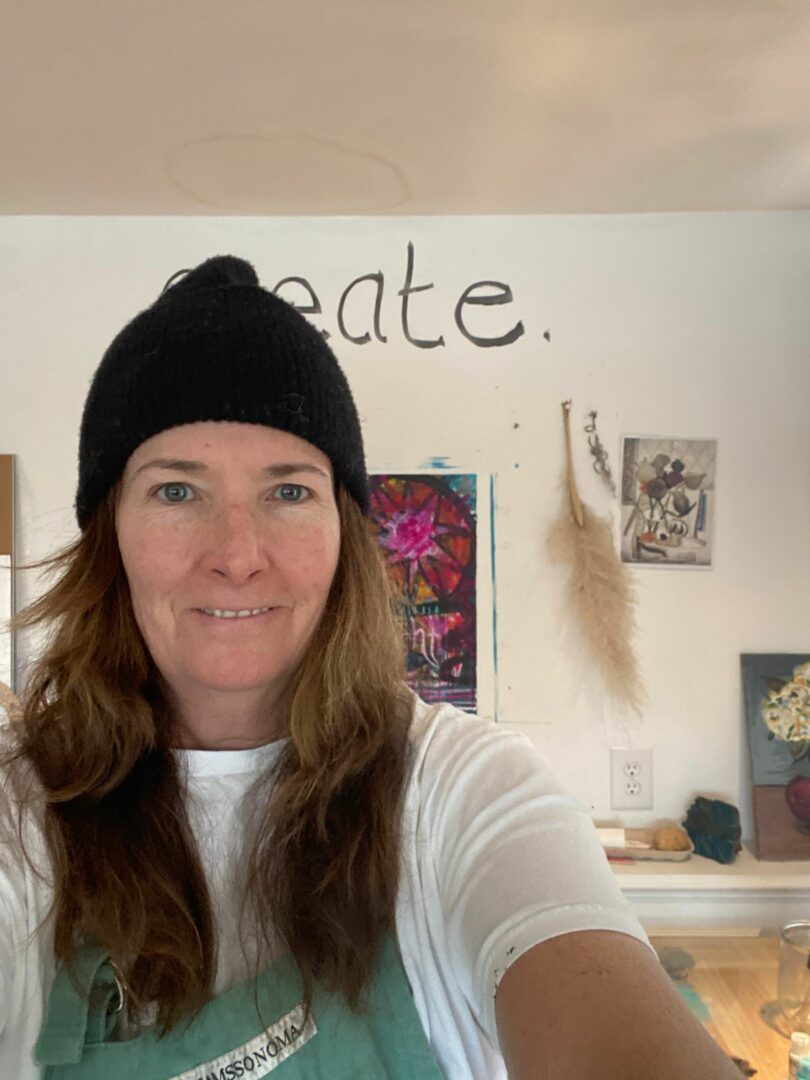
I’m not sure that it’s possible to overcome imposter syndrome permanently–at least I haven’t found the cure. That little monster still creeps its head up every now and then. My best defense against it, however, is to stay present and focus on the doing. As an artist, especially in the age of social media, it’s easy to compare yourself to others and end up feeling like a fraud. You have to remember that art is never apples to apples–everyone’s art is different. Thank goodness! Read More>>
Tiffany B
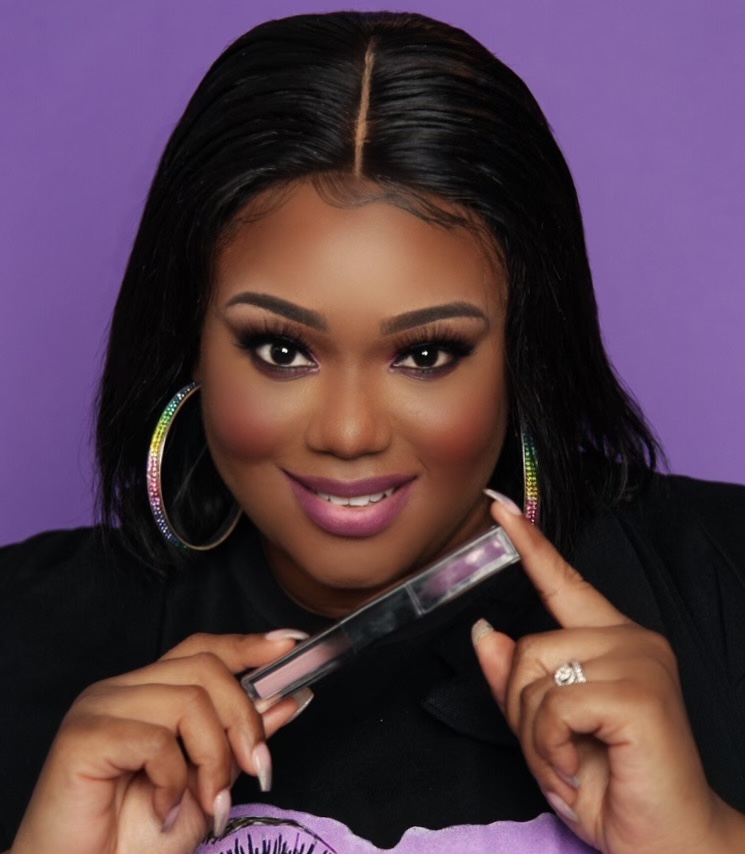
Ive always loved makeup. From a young age, I experimented with colors, blending shadows on my eyelids like painting on a canvas. After years of practicing on myself and friends, I finally launched my freelance makeup business. But every time I showed up for a client or posted a look on Instagram, a voice whispered: “You’re not a real artist. Your work can be better. You don’t belong here.” Read More>>
Daniel De Santiago
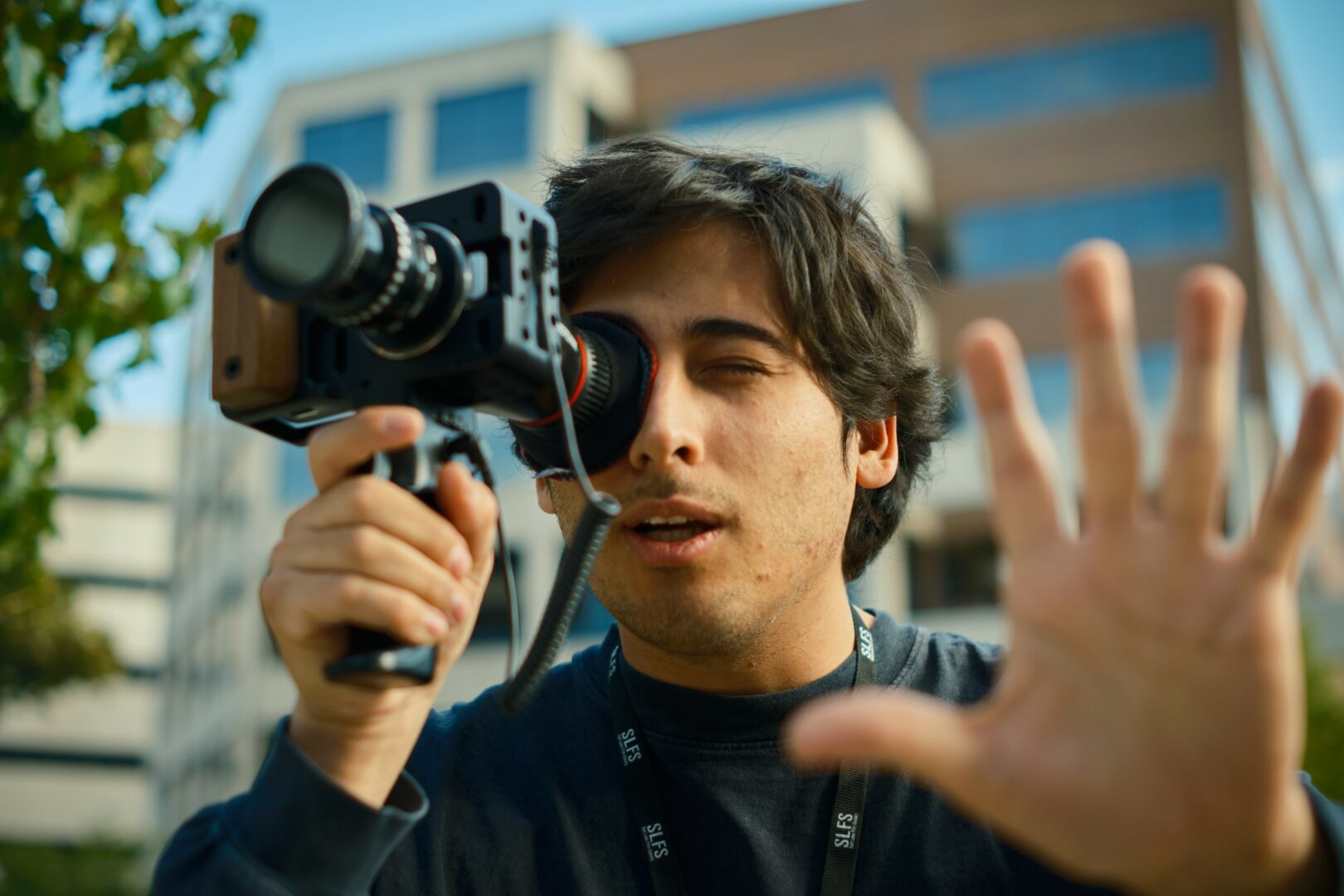
I am always wrestling with the idea that I am a fraud; I worry over it constantly, and I don’t think that feeling is going to go away for me. However, I also believe that feeling is universal. That everyone feels that way, and that letting that feeling stop you is the real trap. There is a beautiful element underneath that fear, driving me to keep improving, keep adapting, keep making each project I work on better than the last. It is a benevolent and humbling force, and living alongside it is the only true escape. Read More>>
Melody Locke
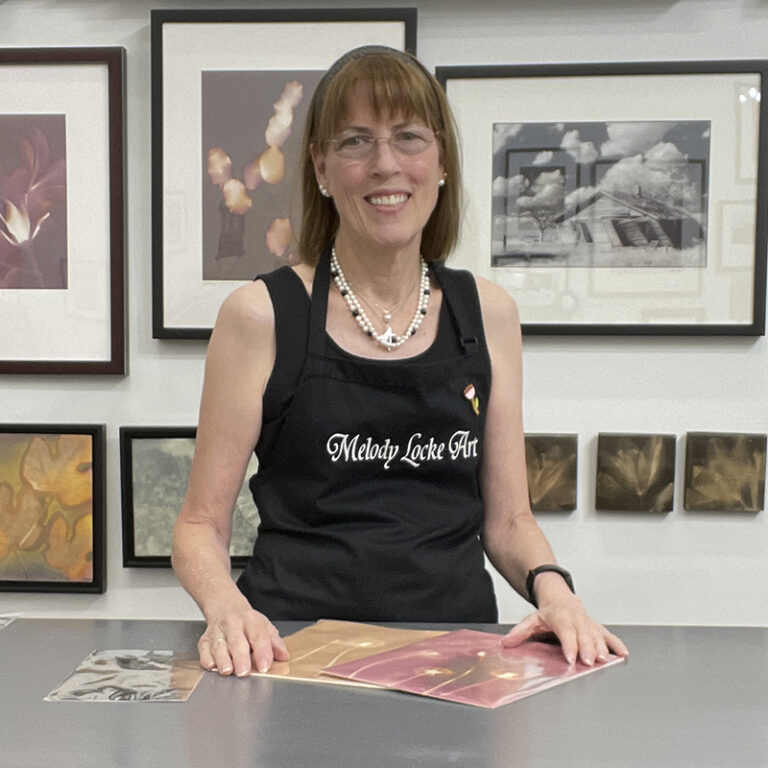
The question implies that I have. I’m 18 years into my third act, and it was only recently that I felt like I wasn’t lying on my income tax return when I referred to myself as an artist. It was when artists started coming to me for help that I felt comfortable referring to myself as an artist.
I’ve become more confident in my artistic abilities as I have gained acceptance by artists whom I’ve long admired. Read More>>
Natasha Walstra
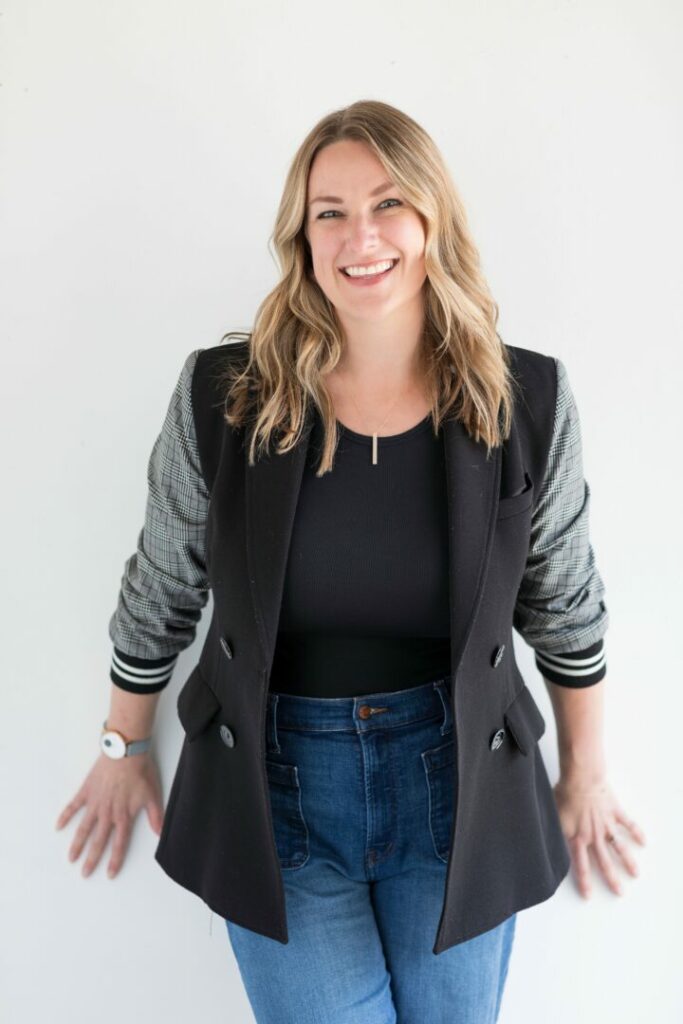
Imposter syndrome hit me hardest when I needed confidence most – as a new mom trying to rebuild my business after everything fell apart.
Five months ago, my business hit its lowest point. Our son was born two months early, and between the NICU, holidays, and just surviving, I wasn’t serving clients or building my pipeline. By March, my revenue had dropped to the lowest it had been since day one, my pipeline was empty, and as the breadwinner, the pressure felt crushing. Read More>>
Darcy Troutman
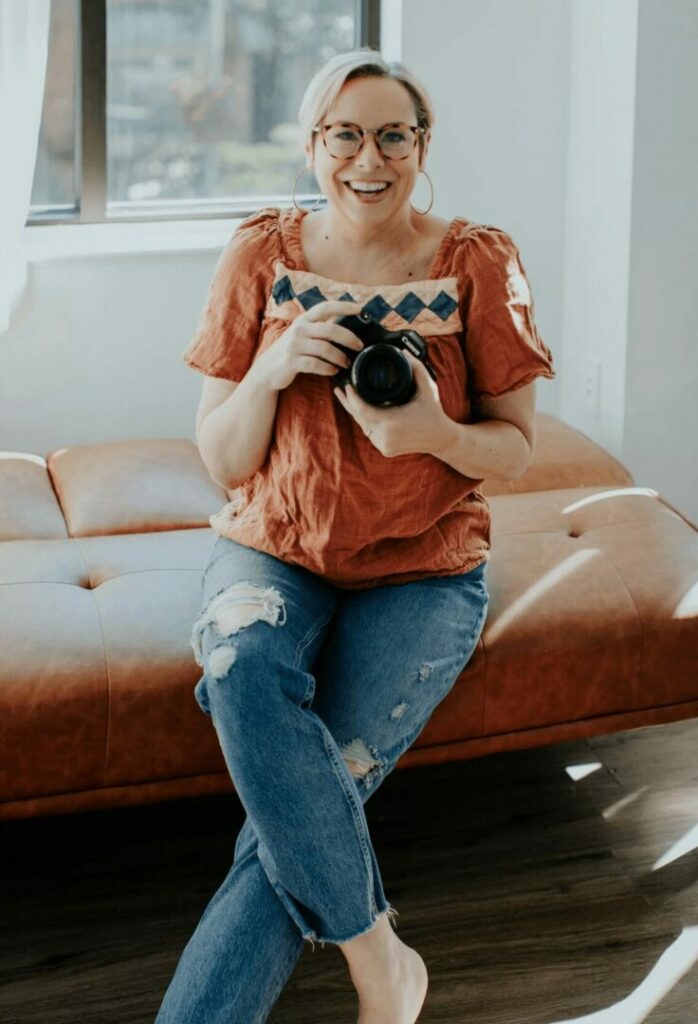
Before I started my photography business, I worked as a lawyer at a big firm in DC. I often say that my current job is the complete opposite of my former job in every way, including imposter syndrome.
There are a lot of hoops you need to go through to become a lawyer – higher education, the dreaded bar exam, etc. – whereas the road to professional photography is more opaque. For a long time (years really), every time I told people I worked as a wedding and family photographer I expected someone to come out of the woodwork and say I wasn’t qualified enough or that I didn’t belong. Read More>>
Sara Berry
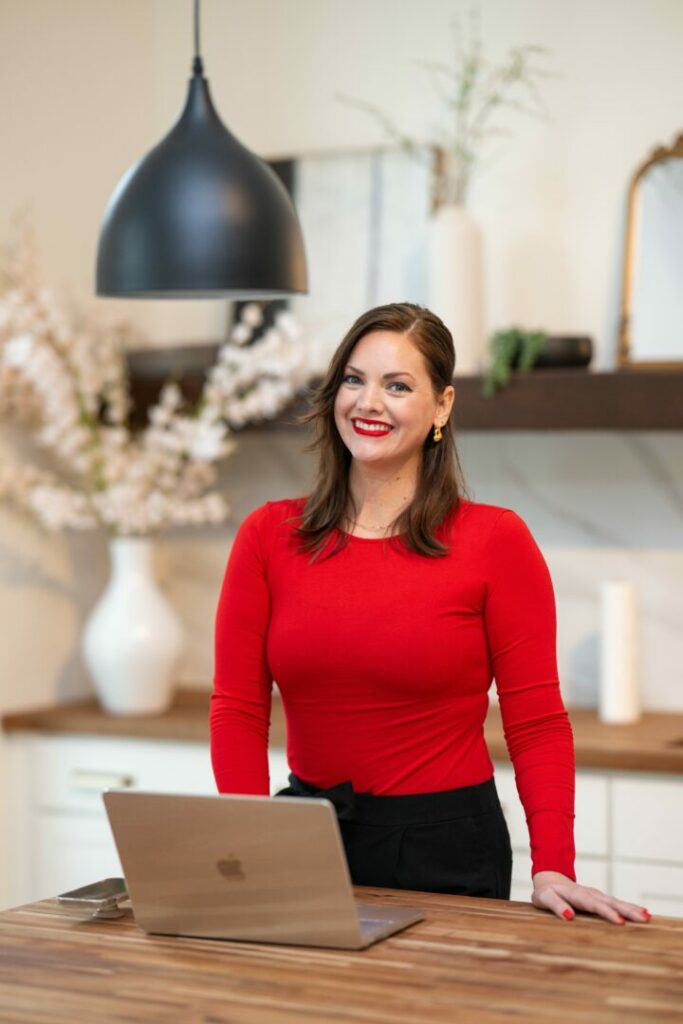
Last summer, I read a book called Million Dollar Weekend by Noah Kagan, and it opened a new mindset for me. Before that, imposter syndrome had me in a chokehold. I’d overthink every move in business, I quit LinkedIn (twice), and I convinced myself that visibility was reserved for people who were more qualified, more ready, and more perfect. Read More>>
Kenya Simpkins
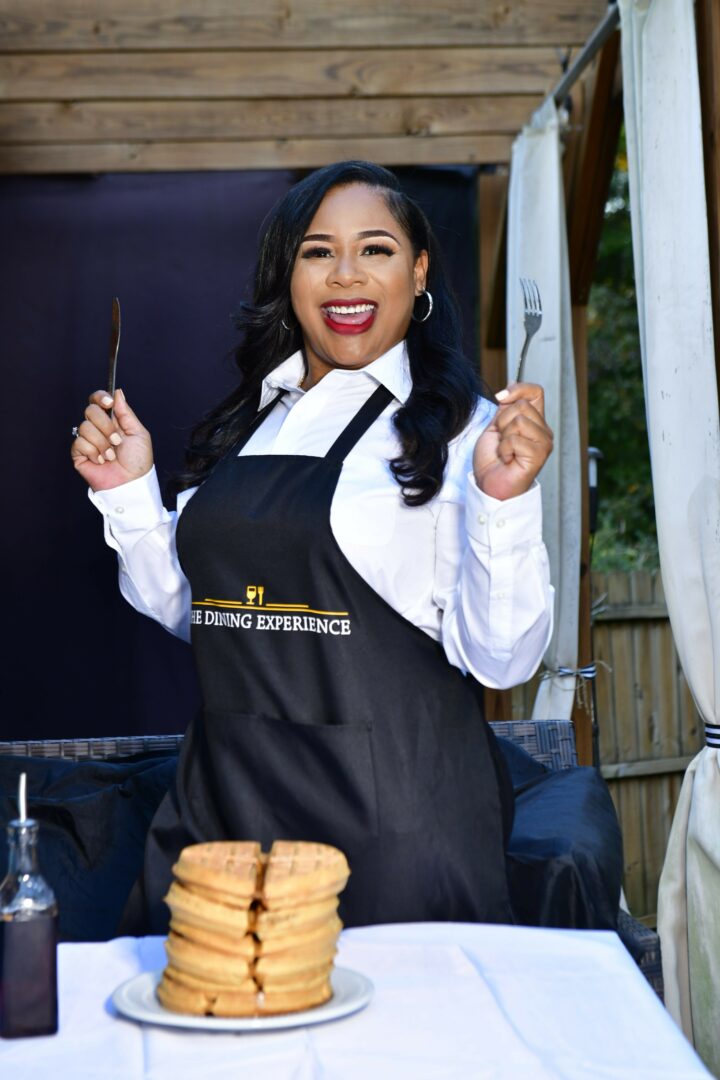
There was a time I struggled with imposter syndrome—always questioning if I was enough or if I really deserved the things I prayed for. But the closer I got to God, the more I realized He doesn’t make mistakes. Every blessing in my life has a purpose, and I don’t have to feel ashamed of them. I learned to stop shrinking myself and start walking boldly, knowing my blessings aren’t just for me, but to inspire and uplift others. Read More>>
Stephanie Disse
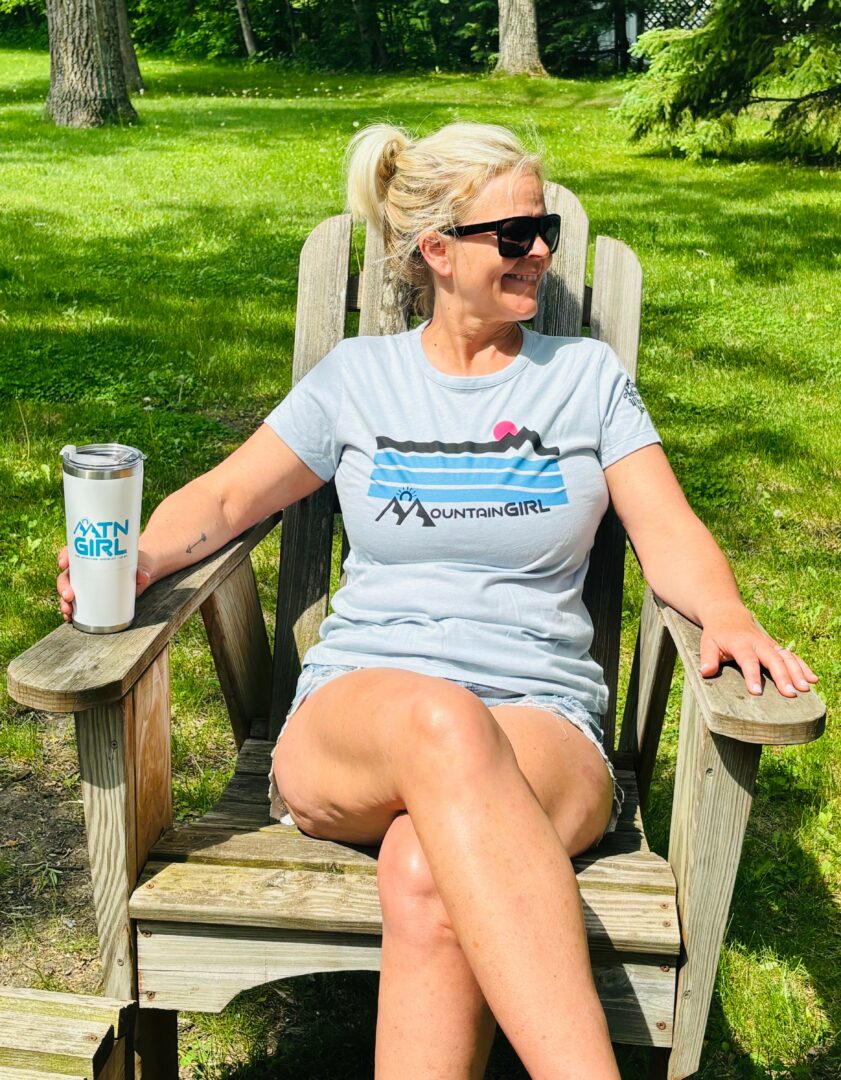
Overcoming imposter syndrome has been a journey for me, and one of the most significant lessons I’ve learned is that “comparison is the thief of joy.” This principle resonates deeply in both life and business. Each of us moves at our own pace, and every business operates differently. Recognizing this early on helped me avoid the trap of comparison, allowing me to focus on my own path. Read More>>
Christopher Magallanes
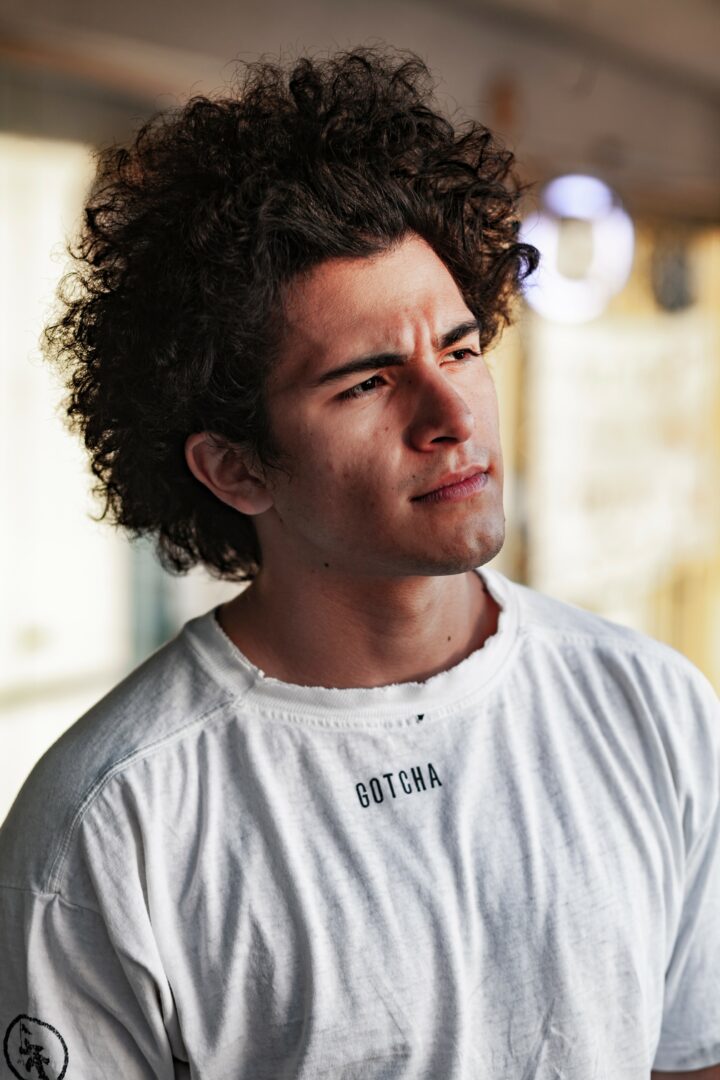
I didn’t. It still manifests itself any time I undertake a new project with new people. Even if I’m working with my friends or people less experienced than me, at some point I always start worrying if they think I’m right for the task. “I’m not smart enough. They probably know more than me. I’m wrong. They see right through me. What am I doing here?” However, it comes in waves, and it passes. I just lock in when I need to and relax when I can. I like to make sure that all of my collaborators are comfortable and having a good time. If people walk away saying, I’d work with him again,” then it’s a win in my book. Read More>>
Josiah Hanson
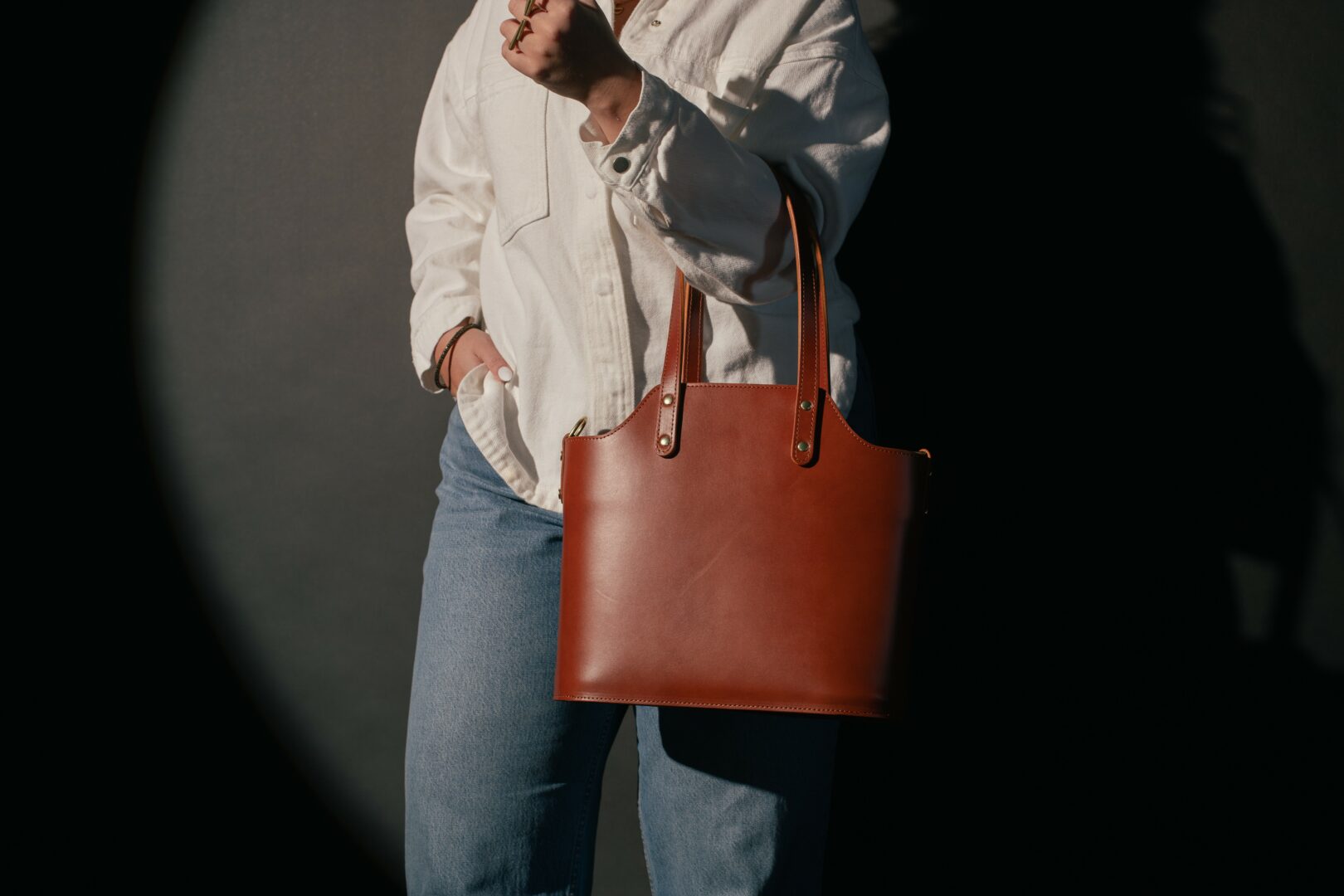
I began to overcome imposter syndrome by simply spending more time in the craft—allowing experience to build confidence. I made a point to keep learning, seeking out new techniques and refining my skills. Hearing positive feedback from customers at markets helped affirm the value of our work, and connecting with peers in the industry reminded me that many of us wrestle with the same doubts. Over time, those things helped shift my focus from self-doubt to growth and purpose. Read More>>

